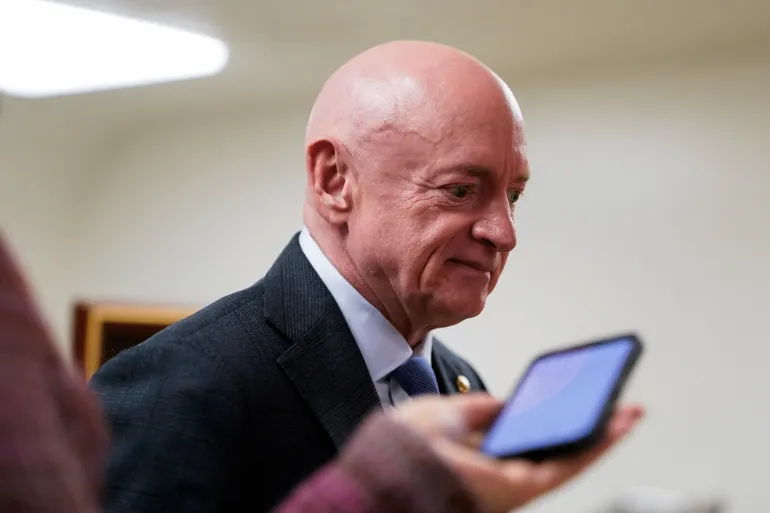Japan reported a $63 billion trade surplus with the United States in the latest fiscal year, even as the country logged an overall global trade deficit and continues high-stakes tariff talks with Washington.
According to provisional data released Thursday by Japan’s Finance Ministry, the country recorded a global trade deficit of 5.2 trillion yen ($37 billion) for the fiscal year ending in March—its fourth consecutive year in the red. Despite the deficit, Japan’s trade surplus with the US rose sharply to 9 trillion yen ($63 billion), underscoring a persistent imbalance that has drawn the attention of US President Donald Trump.
The trade data was published as Japanese negotiators met with US officials in Washington to seek relief from a series of escalating tariffs. Trump recently threatened a 24% blanket tariff on Japanese imports, but delayed implementation by 90 days following a negative reaction from financial markets. Nevertheless, Japan remains subject to a 10% baseline tariff and 25% duties on cars, auto parts, steel, and aluminum—key components of Japanese exports.
Automobiles remain Japan’s largest export category to the US, accounting for 28.3% of all shipments in 2024. Japanese brands dominate the American auto market, with Toyota ranked as the top-selling brand.
In March alone, Japan posted a trade surplus of 544 billion yen ($4 billion), with exports rising 3.9% year-on-year—marking the sixth straight month of growth, though the pace was slower than February’s 11.4% surge. Exports to the US rose 3.1% in March, while shipments to other parts of Asia, including Hong Kong, Taiwan, and South Korea, showed stronger gains. Exports to China, however, declined by nearly 5%.
Analysts noted that some Asian trade flows are being rerouted to avoid the US-China trade conflict.
“This is likely due to the rerouting of exports within Asia to avoid tariff conflicts with the US,” said Min Joo Kang, a senior economist at ING.
With Japanese exports still growing but at a decelerating pace, pressure is mounting on Prime Minister Shigeru Ishiba to navigate both external threats from US tariffs and domestic challenges from inflation and a weak yen. The yen’s depreciation has made imports more expensive, worsening Japan’s trade deficit but helping boost export values.
Trump said on social media Thursday that there was “big progress” in the ongoing talks, which also address broader concerns about “trade fairness” and military cost-sharing. However, trade experts warn that uncertainty remains high, and any concessions from Japan—such as increased purchases of American rice, defense equipment, or energy—could carry political sensitivities at home.
“Japan is no longer the export powerhouse it once was,” said Jesper Koll, an expert at Monex Group.
He added that Japan could be further impacted if the US-China trade conflict deepens, as Chinese firms offload excess production onto global markets.
CNBC, the Associated Press, Bloomberg, and the Wall Street Journal contributed to this report.










The latest news in your social feeds
Subscribe to our social media platforms to stay tuned